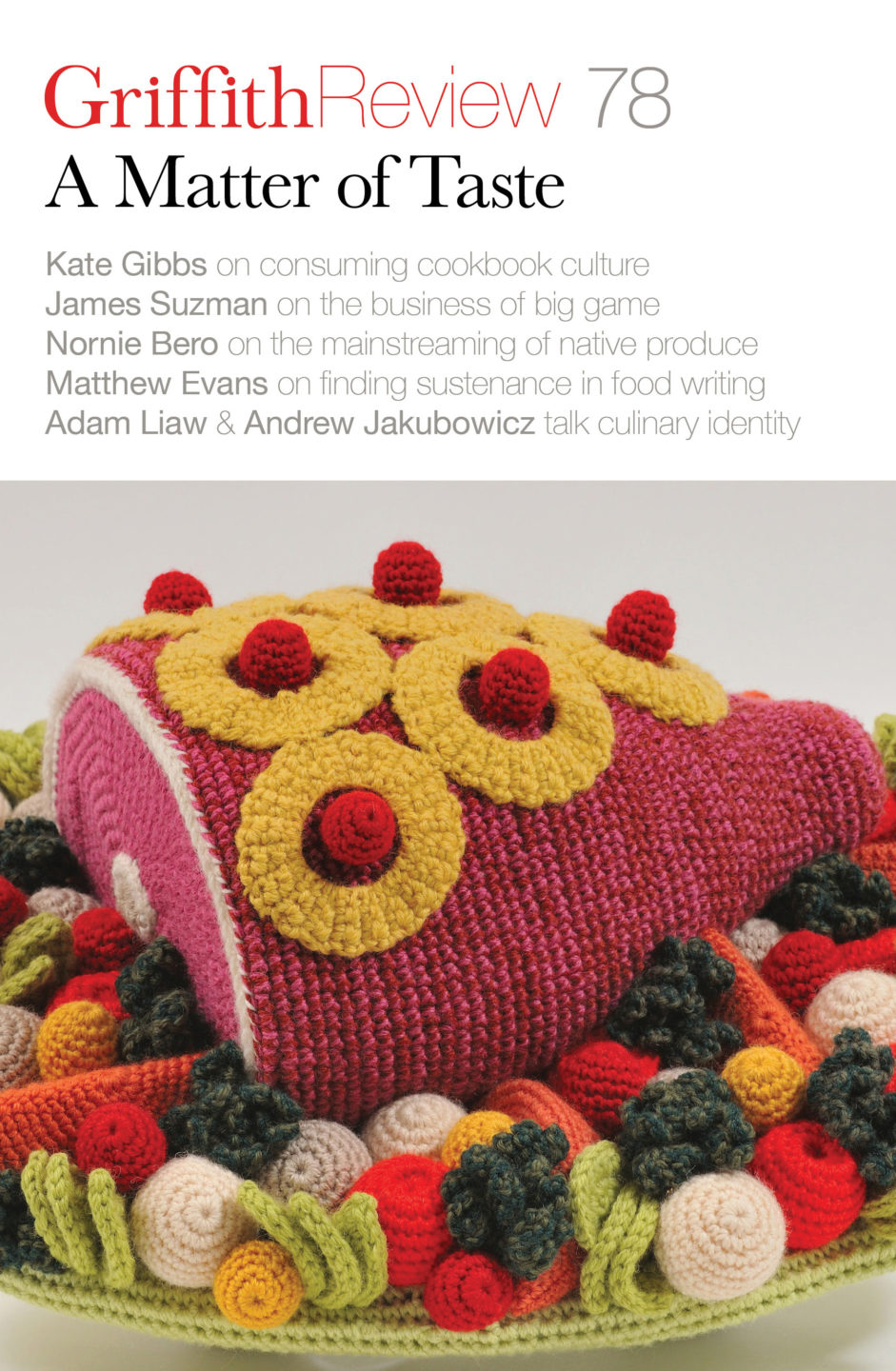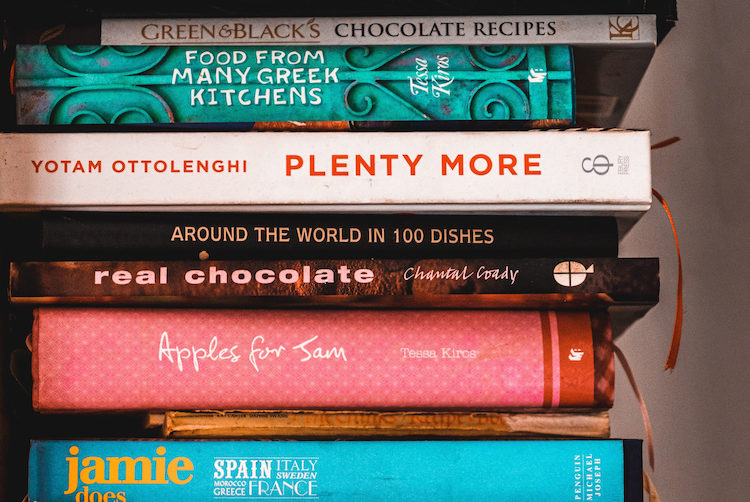Featured in

- Published 20221101
- ISBN: 978-1-922212-74-0
- Extent: 264pp
- Paperback (234 x 153mm), eBook


Already a subscriber? Sign in here
If you are an educator or student wishing to access content for study purposes please contact us at griffithreview@griffith.edu.au
Share article
About the author

Kate Gibbs
Kate Gibbs is an Australian food and travel writer. She is a former editor at delicious, has written extensively for The Wall Street Journal, Australian...
More from this edition

The fight for the white stuff
EssayAlthough non-dairy milks are hardly unique to the US, there seemed something distinctly ‘American’ about the consumerist techno-utopianism of engineered nutrition. In its seductive promises and dazzling abundance, in its massification and drive for profit, and its bold-yet-arrogant ambition, the world of plant milks became a metonym for everything I loved and loathed about US culture. Give me a carton of Blue Diamond Almond Breeze and you have given me America.

Heat and hope and attention
MemoirRules that were once rooted in religion have settled into our insides as secular, self-imposed rules about ‘good’ food and ‘bad’ food and, by extension, ‘good’ bodies and ‘bad’ bodies.

Gut instinct
In ConversationUsing identical, machine-made food items accentuates the traces of consumption. In works where participation is open to the audience as co-creators, I have found there’s not just one way to consume...